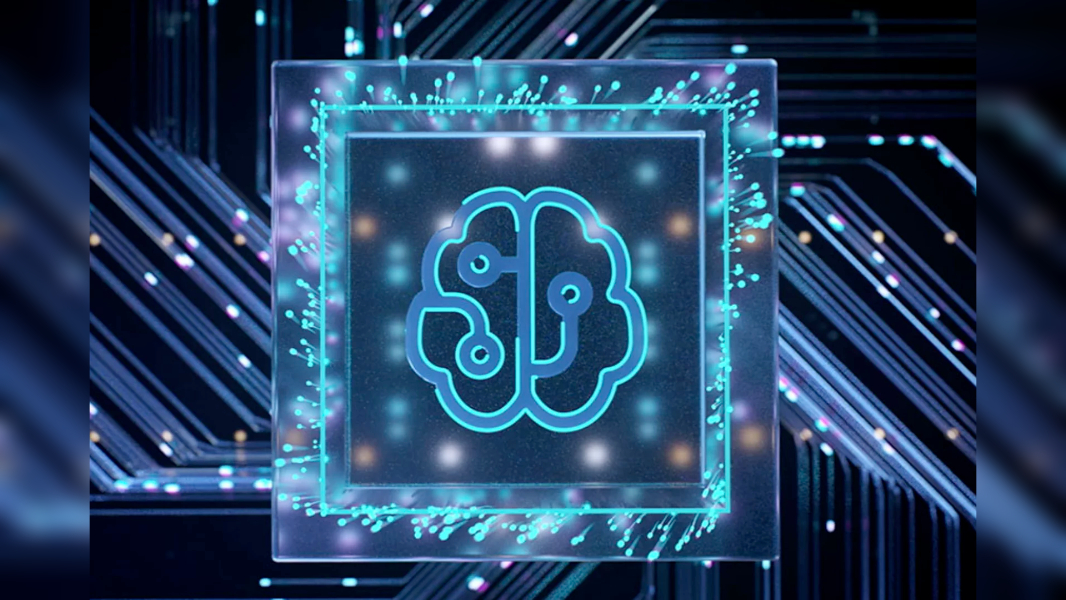Microsoft’s First In-House AI Chip Could Be Revealed Next Month
- Laurent Giret
- Oct 09, 2023
-
10

Microsoft is reportedly working on its own AI chip to lessen its reliance on Nvidia GPUs for AI workloads. According to The Information, the new AI chip could be officially announced in November, which is when Microsoft will hold its Ignite conference for IT pros.
This year, Microsoft went all-in on generative AI with the launch of new “Copilot” experiences in Bing, Windows, and Microsoft 365. These new Copilot products are leveraging large language models from ChatGPT developer OpenAI, which requires expensive Nvidia chips to run.
Windows Intelligence In Your Inbox
Sign up for our new free newsletter to get three time-saving tips each Friday — and get free copies of Paul Thurrott's Windows 11 and Windows 10 Field Guides (normally $9.99) as a special welcome gift!
"*" indicates required fields
“The Microsoft chip, similar to Nvidia GPUs, is designed for data center servers that train and run large language models, the software behind conversational AI features such as OpenAI’s ChatGPT,” The Information reports. “Microsoft’s data center servers currently use Nvidia GPUs to power cutting-edge LLMs for cloud customers, including OpenAI and Intuit, as well as for AI features in Microsoft’s productivity apps.”
Microsoft’s developing its own AI chip could help the company to cut costs, because AI workloads are currently very resource-intensive. While Microsoft’s Bing chatbot and OpenAI’s ChatGPT are free to use, the latter requires the $20/month ChatGPT Plus subscriptions to unlock the latest GPT-4 model as well as priority access to new features. Microsoft, however, will sell its Microsoft 365 Copilot to organizations at $30 per user per month starting on November 1.
Eventually, Microsoft’s work on AI chips may eventually benefit the Windows ecosystem. The new Surface Laptop Studio 2 is the first Intel-powered Surface device to come with a dedicated neural processing unit (NPU) to run AI workloads, and the ARM-based Surface Pro 9 (and the Surface Pro X before it) also came with a dedicated NPU. The next version of Windows (Windows 12?), which should be announced next year, could well be the first version of Windows to require an NPU.
Microsoft also wants to democratize AI technology with its Azure OpenAI service, which lets developers access the most advanced AI models on the market to create the applications of the future. Microsoft will also have lots of sessions about AI at its Ignite conference next month on November 14-17. Registration for the digital experience is free, and the full session catalog is available on this page.